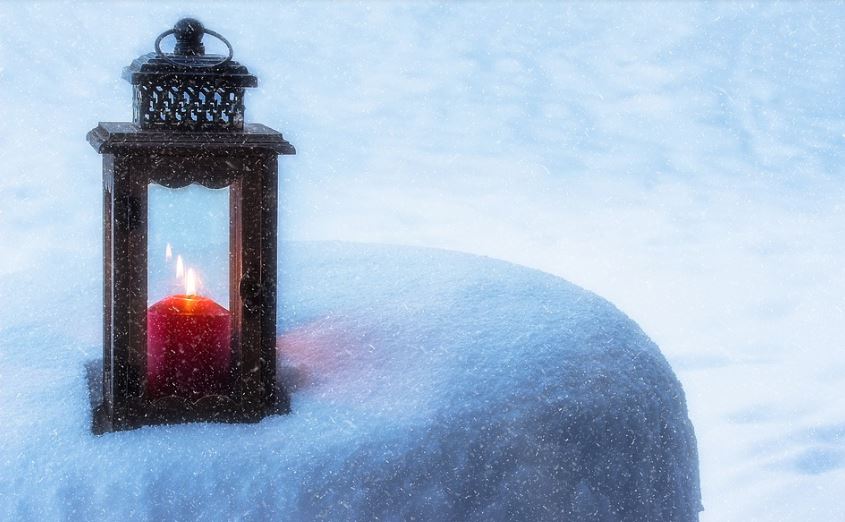When a Distant Relative Dies


Grief support is included in our cremations services. When distant relatives die, we can find that our family members and we may have very different reactions to the news of their deaths. If it’s a distant relative that we barely knew or didn’t know at all, we may find that the reactions of our family members range from no grief to very intense grief.
That intense grief for someone who really wasn’t a tangible part of our lives can often be an unexpected and surprising response to the news of their death. And yet, it happens quiet often.
Our reactions to loss are based on more than just knowing someone or being close to them. Death triggers a lot of internal emotions that may be unrelated to the current death. It brings them to the surface and we grieve.
Think about how we can grieve when a famous person that we like or admire dies. Consider the deaths of President John F. Kennedy in 1963, Martin Luther King, Jr. in 1968, Senator Robert Kennedy in 1968, and Princess Diana in 1997. The world mourned and grieved over their deaths, but most of the people who were grieving and mourning never met and never knew these luminaries.
Musician deaths are another example. They are often accompanied by great outpourings of grief and mourning by hundreds of thousands of people who never knew the musicians personally. Consider the deaths of Elvis Presley in 1977, Michael Jackson in 2009, Prince in 2016, David Bowie in 2016, and Tom Petty in 2017.
There are names for this kind of grief, and they apply as much, if not more, the grief we may feel over the deaths of distant relatives that we scarcely knew or didn’t know at all.
One kind of grief we may experience is disenfranchised grief. This is a kind of grief that we may experience, but which is not validated or supported by other family members or friends. We may hear questions like, “You didn’t even know your aunt, so why are you so upset about her death?” That is because, to the people who are asking, there doesn’t seem to be any obvious reason to grieve.
In fact, if we’re grieving the loss of a distant relative that we didn’t know well or didn’t know at all, we may be asking ourselves why the loss feels so personal and so hurtful. The fact is that the human race is truly connected, and when one of us dies, all of us have experienced a loss. Grieving a loss like that is normal, just as it is normal if someone else in our family doesn’t grieve at all after a distant relative has died.
Another kind of grief that we may experience is complicated emotions. Sometimes the death of a famous person we like or admire or a distant relative that we either didn’t know or barely knew can trigger emotions of grief about losses we have experienced that were close, intimate, and personal.
This kind of grief can also remind us of unresolved conflicts, regrets, guilt, blame, and resentment we remember or feel toward people we loved dearly who are gone. This can bring on a cyclical “could have, would have, should have” kind of thinking that can intensify sorrow and sadness, because there’s no way to fix these things once someone has died.
There are healthy ways to manage both of these kinds of grief, and sometimes a grief support group or grief counseling can be very beneficial.
Access to grief resources is part of the cremations services we offer, so you can depend on our compassionate and experienced team at Hopler & Eschbach Funeral Home to help you. You can visit our funeral home at 483 Chenango St., Binghamton, NY 13901, or you can call us today at (607) 722-4023.



